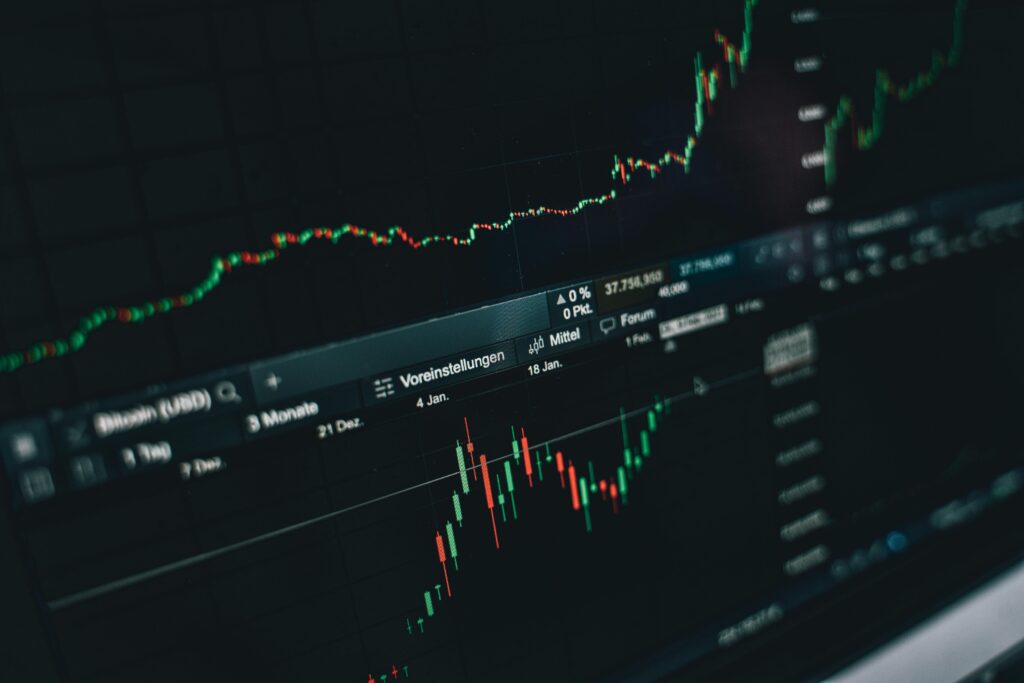Forex Market Dynamics Amid Trade and Policy Changes
The recent developments in global interest rates play a critical role in the forex market’s fluctuations. In the wake of the U.S. cancelling trade talks with Canada, market sentiments have shifted, revealing the intertwined nature of political decisions and economic indicators.
The Impact of Global Interest Rates on Currency Movements
Interest rate changes globally can lead to significant shifts in forex markets. The ripple effect of these changes can be seen in the way different currencies respond to policy announcements. For instance, when the U.S. Federal Reserve or the European Central Bank adjusts rates, the dollar and euro often experience volatility, impacting global trade relations.
Market Activities Overview:
- U.S. 10-year yields increased by 2 basis points to 4.27%.
- WTI crude oil prices saw a slight decline, down 17 cents to $65.07.
- Gold prices fell by $54, standing at $3,273.
- The S&P 500 finished the day with a 0.5% increase, reaching a record high.
- The euro leads the forex market movements while the Canadian dollar lags.
The trading day began with data releases indicating core inflation rates gaining momentum despite a cooling in spending, signaling potential stagflation concerns. These figures initially triggered selling of the U.S. dollar, enabling the euro to reach new highs. However, the USD’s strength rebounded by the European close, possibly due to strategic buying in anticipation of the quarter’s end.
Later in the day, the focus shifted as President Trump announced a halt in trade negotiations with Canada, causing a 70-pip increase in the USD/CAD pair. This announcement reflects increasing political uncertainties affecting forex strategies.
Interestingly, the market interpreted Trump’s decisions as merely a part of ongoing negotiating tactics, leading to a rebound in risk assets with the S&P 500 concluding higher and USD/CAD reversing most gains. The prevailing tensions stem from the impending implementation of a digital services tax in Canada, which could influence weekend forex strategies.
These developments suggest that global interest rates and trade policies will continue to shape forex market trends in the near future. For full analysis on how economic indicators affect currency pairs, visit Investopedia.
Conclusion: Monitoring Global Interest Rates
The evolving narrative of global interest rates underscores the importance of staying informed on international policy changes. Balancing economic indicators with political events is crucial for forex traders aiming to capitalize on market movements.
At Bakara Invest, our analysis suggests that the interplay between interest rates and trade policies will remain a dominant force in shaping market dynamics. Investors are encouraged to stay vigilant and adjust their strategies accordingly.
For more Forex market insights, visit our Forex News Section.
